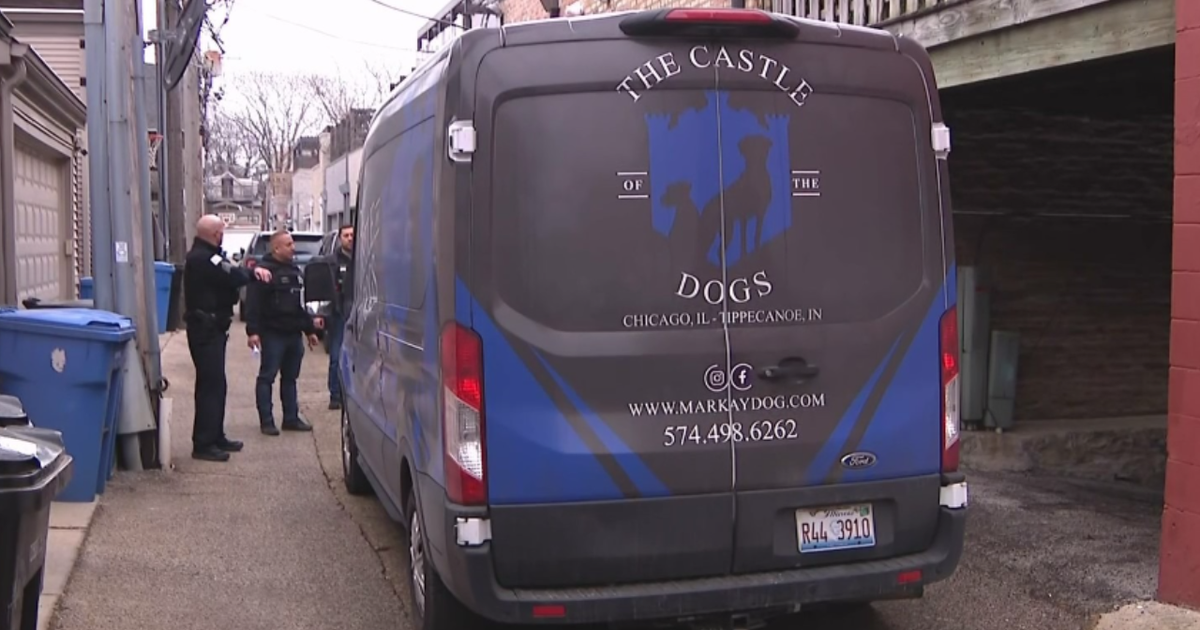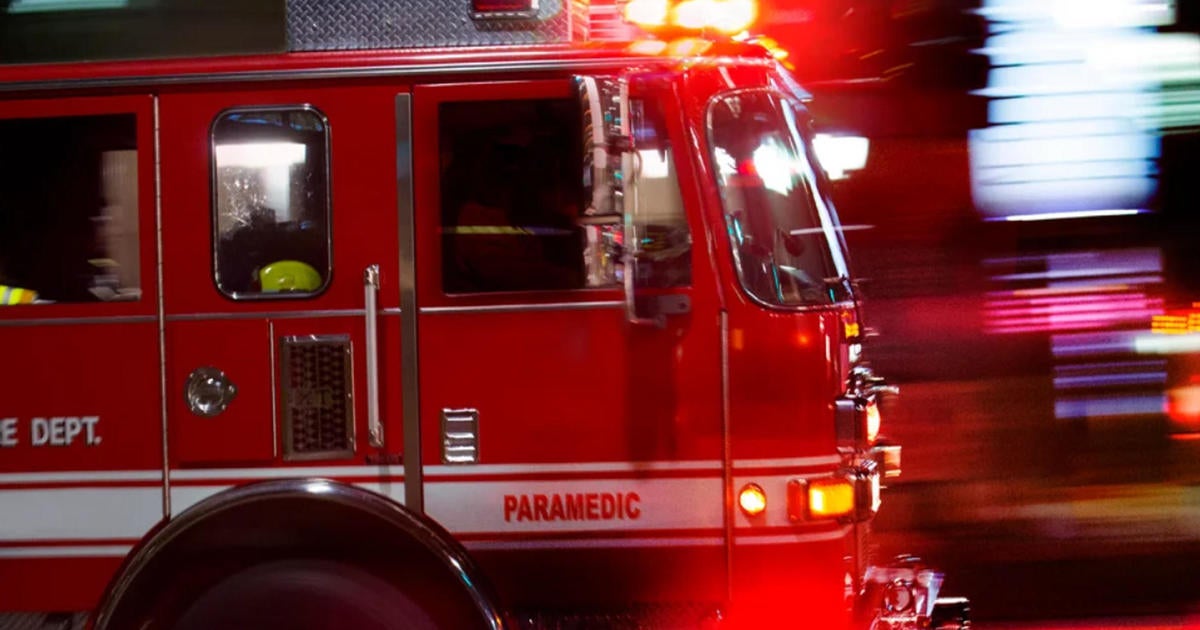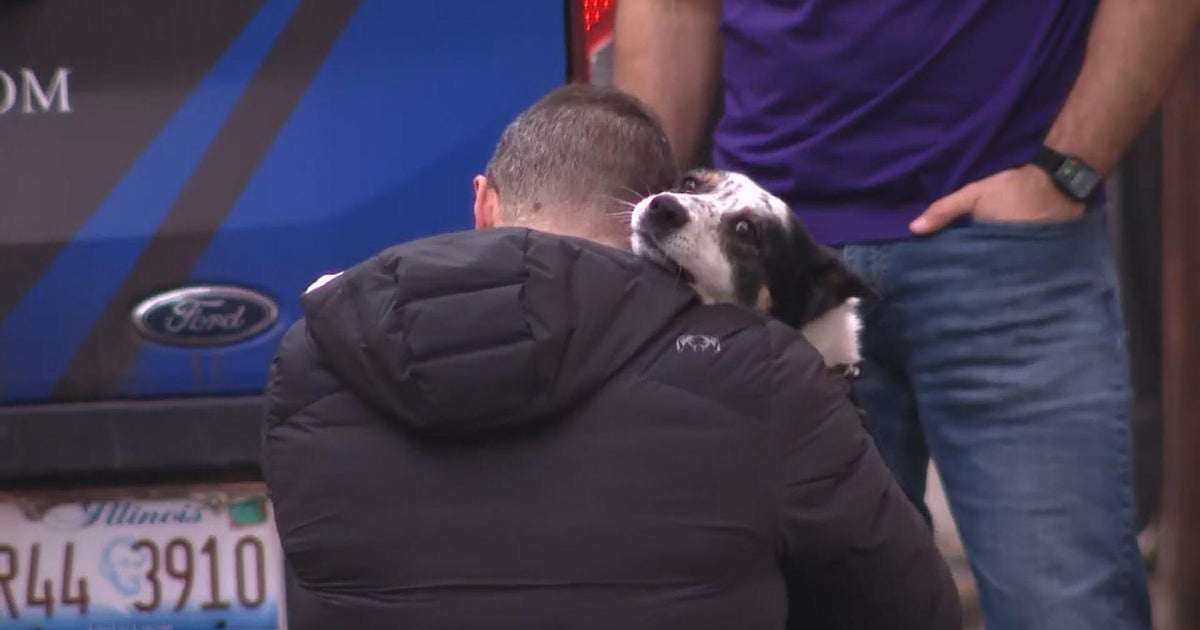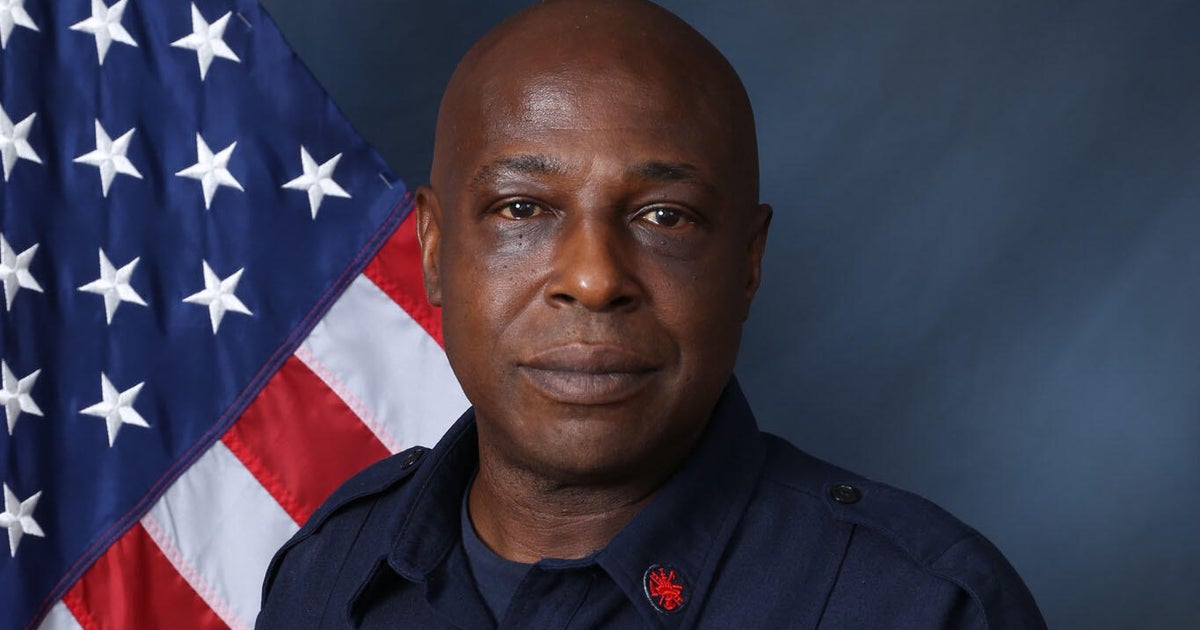Local Center Offers Pet Grief Counseling
PITTSBURGH (KDKA) -- For millions of Americans, their dog or cat is part of the family, and that is why it's so difficult when we lose them; and for children, the death of a pet may be first time they've ever dealt with grief.
Jesse was 14 when he died. Kathy Samudovsky says part of her died on the day when her cat passed away.
"We just had this connection because I had an apartment at the time, and it was only me and him. I just fell in love with him," said Samudovsky. "He was my surrogate child, and I'll never forget him."
That was in 2005. Samudovsky says all she got was a phone number for a support group in Cornell, N.Y.
"No matter what anybody says, if you have a deep relationship with a pet, it hurts like hell," she said. "On top of that, they have to deal with society's stigma. Dealing with that stigma as well as the grief, you need support. You need more than just internet-based services. You need that human contact."
She found it at the Good Grief Center for Bereavement Services in Squirrel Hill.
"No one understands exactly what you are going through," says Marilyn Chapla, the center's Associate Director. "But we have a basic understanding of the relationships, of the bonds people have with their animal, and we provide that confidential compassionate listening."
That's one of the free services provided by the non-profit center. It was founded by a hospice nurse who understood that grief comes when you love and lose.
"They are almost apologetic because they're like, 'I should be doing better or why am I feeling so bad?' A lot of times, it starts with us reassuring them that this is very natural," said Chapla.
Samudovsky learned that the hard way.
"People don't console you when you lose a pet. They still see a pet as something that is very utilitarian. A thing. An it," she said. "It's like, I hate to say this, but it's as if I was grieving over somebody chopping up this desk. That's how people look at you."
The library at the Good Grief Center is packed with pet specific titles, many targeted at kids.
Chapla's advice is to rely on a grieving process that worked in the past.
"Maybe they have some friends, some family members who are really supportive, who understand," she said.
"Maybe there is some type of memorial service that they do. Other people will create a photo album or write stories about their pet, so all of that is very cathartic for the person who is grieving."
The emotions of losing a loved one and losing a pet are similar, but Chapla has seen one big difference when it comes to losing an animal.
"You have an additional piece with euthanasia. That can be very difficult," she said. "A lot of people struggle with guilt after they decide that it's time to put their animal down, and that's to be expected."
Samudovsky lost Jesse to kidney failure and struggled with the fact that she hadn't done enough to see the symptoms earlier.
"I was not a very good pet owner in terms of making sure that I was on top of his disease," she said. "I didn't know."
Five years later, Samudovsky now volunteers at the Good Grief Center in Squirrel Hill where she learned valuable lessons.
"You have to forgive yourself after a while and realize that you are human, and I just forgave myself," she added.







